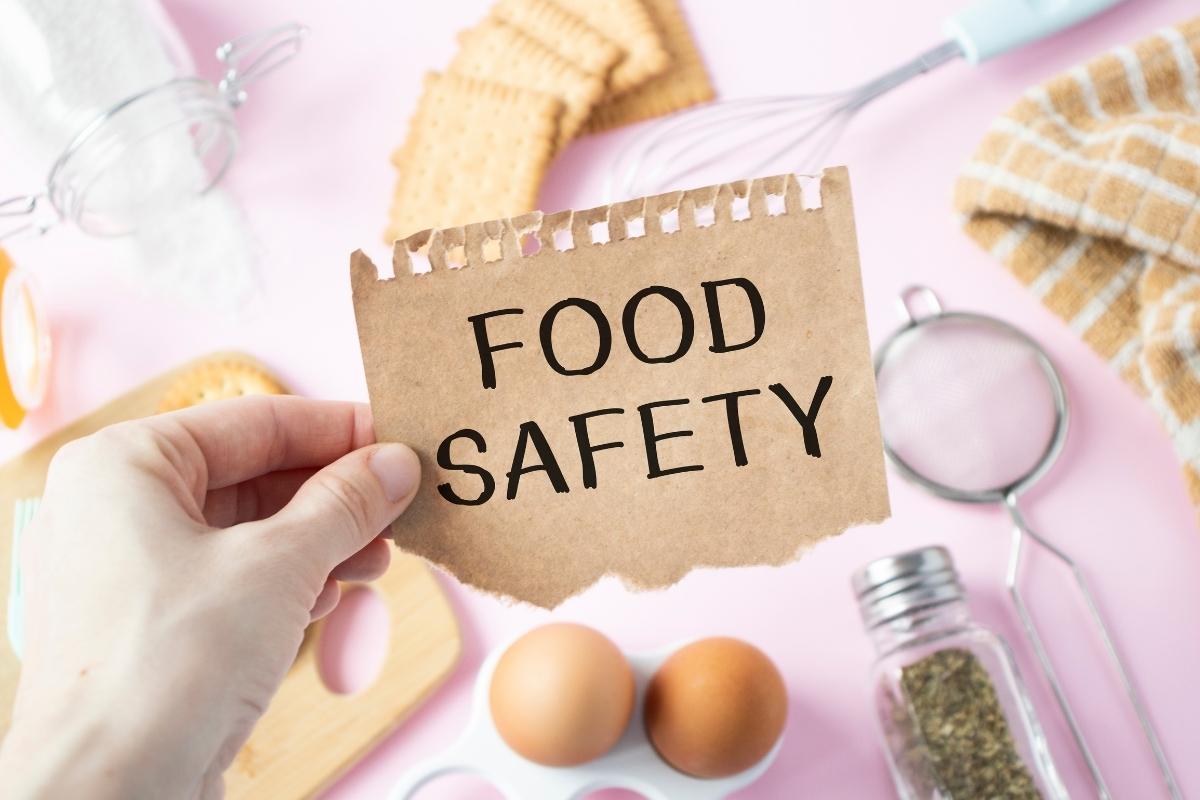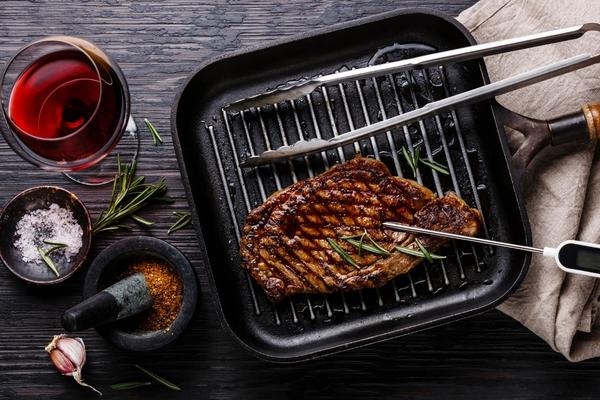Foodborne Illnesses: A Guide to Food Safety

A healthy diet can greatly improve your immune system, but this doesn’t always protect you from foodborne ailments. Foodborne sicknesses can cause food poisoning along with additional life-threatening diseases, so they are a genuine threat to our bodies. Luckily, there are a few things you can do to avoid foodborne illnesses. Food safety is crucial when it comes to handling, preparing, and storing food.
You must pay great attention to the condition of your meals when cooking them. When cooking meat, you should always use a meat thermometer to ensure that your meat reaches the right temperature. Some meats, like beef, can be served rare properly, but it is important to ensure the proper temperature when cooking beef.

Any bacteria that may have already become established on the meat will be killed, so you should not eat rare burgers or loaves that have been ground up and formed into patties. The bacteria will then spread to the outer meat and onto your body, which will make you sick if you do not cook these rare burgers for quite some time.
Once you’ve finished cooking your food, you must continue to monitor its temperature. Simply put, you should keep hot foods hot and cold foods cold. Hot foods should be maintained at temperatures above 140 degrees Fahrenheit, while cold foods must be maintained at temperatures below 40 degrees Fahrenheit. The range for that is where bacteria can grow. When cooling food in the refrigerator, place it in the refrigerator after only 2 hours. When thawing food, do so in a bowl or pan in the refrigerator rather than at room temperature.
If you are worried about preventing illness and contamination, a large quantity of your time and effort will be concentrated on trying to keep bacteria from contaminating other food products. Cross-contamination is the process of bacteria transferring from one dish to another. For instance, not using a clean cutting board or failing to wash your dishes correctly can contribute to cross-contamination.
If the knife is used to cut raw chicken and is then used to cut cooked food afterward, some of the bacteria from the raw chicken could have remained on the knife, which can make you very sick. Make sure to clean your workplace and tools after ingesting food.
Make it a point to wash all surfaces where your food is consumed to ensure that it is clean. Additionally, make sure your hands are cleaned by using disinfected hand soap and hot water. The most important part of healthy dining is food safety, so don’t neglect this crucial step when preparing food.
In conclusion, it is important to be aware of the dangers of foodborne illnesses and take the necessary precautions to avoid them. By following the simple food safety guidelines in this guide, you can protect yourself and your loved ones from the potentially serious consequences of eating contaminated food.
